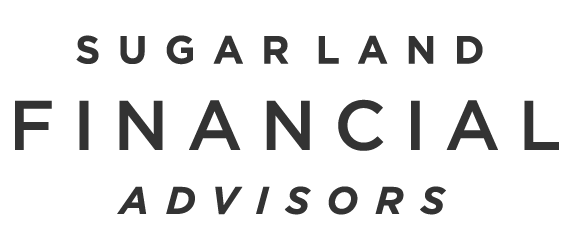- June 23, 2017
- Retirement
- Comments : 0
What is a 401K?
A 401k is a type of retirement plan that is sponsored by the holder’s employer. Contributions to this account are provided by the employee, and in some cases a holder’s contributions are matched by the employer. 401k plans have more rules associated with them than some other types of retirement savings plans. For example, accounts must receive a set minimum contribution every year, and there are restrictions that dictate when and how the holder can withdraw money.
Full time employees are the most common holders of 401k accounts. This is because these types of accounts are sponsored by an employer and generally issued as a replacement for traditional government pensions. 401k accounts are usually composed of stocks and bonds, investments that gradually become more conservative as the holder’s retirement draws closer.
There are a host of rules associated with 401k plans. Primary among them is an inability to access employer contributions prior to retirement. Funds the holder contributes personally can be withdrawn at any time, but withdrawing funds often means stiff penalties and fees. The deadline for contributing to a 401k varies depending on the type of employer the holder is working for. For most larger businesses, the deadline is the end of the calendar year, while for certain small businesses the deadline may be the same as the tax filing deadline.
A 401k plan is relatively hands off for the holder. The plan is managed by an administrative firm and the holder does not have to engage with the fund if he or she doesn’t want to. However, the holder can take a more hands-on approach if he or she wants to. These accounts also offer some flexibility as to how much you can contribute to the account. While it is recommended that the holder try to at least match his or her employer’s contribution to the fund, this is not necessary during times when money is tight.
The relatively strict rules and regulations associated with a 401k are the primary drawbacks to this kind of account. Most types of retirement accounts allow the holder to withdraw funds early if it becomes necessary. While tapping a retirement account before retirement is not recommended, it may sometimes become necessary. However, 401k accounts are difficult to tap early and come with stiff fees.
401k accounts are usually handled by an administrative firm that is chosen by the employer. This firm manages the plan’s investments so that the holder can benefit even if he or she knows nothing about the stock market. The managing firm keeps the holder of the account up to date on his or her 401k in the form of regular balance statements. Account holders who prefer to manage money themselves can generally do so using a portal on the firm’s website.
Because it is an employer-sponsored plan, workers may not have a choice as to whether they invest in a 401k. However, it is still important to know the rules and benefits of this type of plan.

